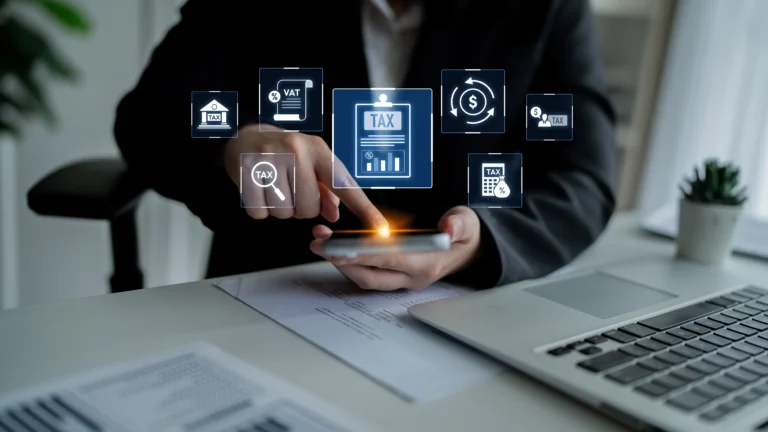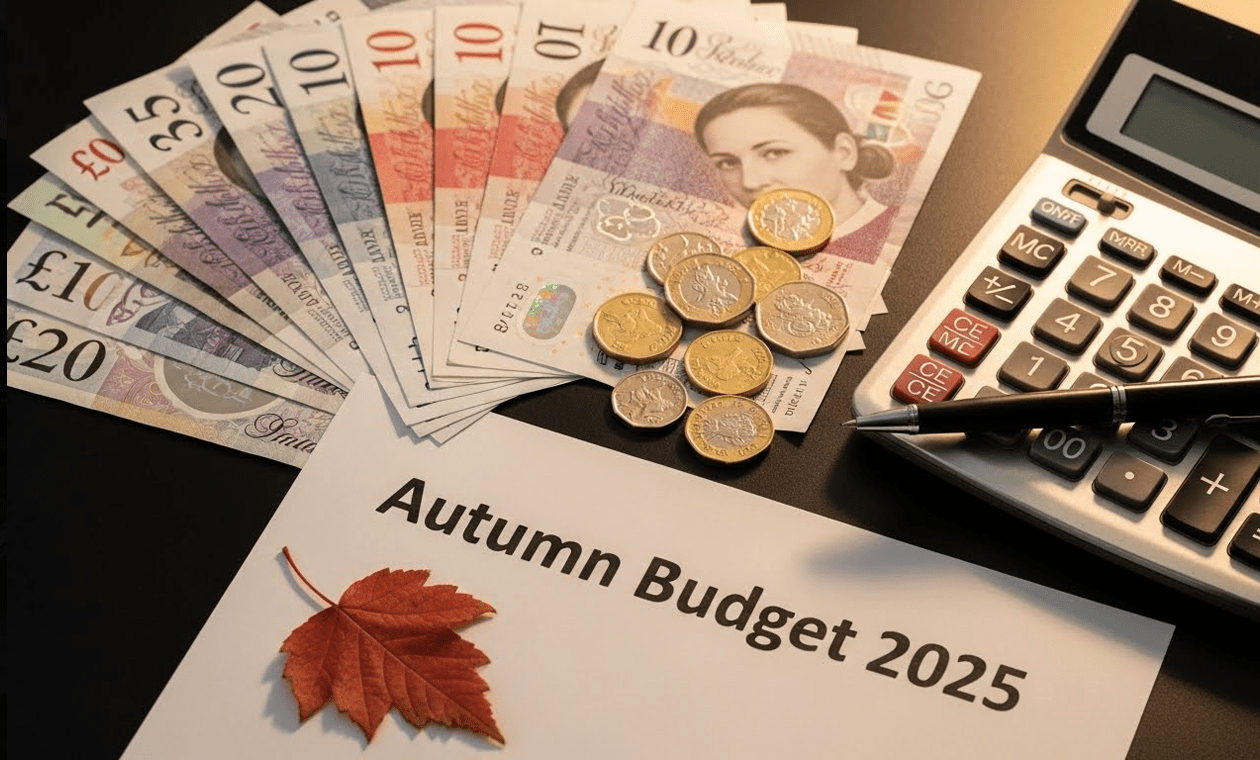HMRC recently updated their Transformation Roadmap to making the UK’s entire tax systems entirely digital by 2030. By 2028, HMRC expects 90% of tax interactions to take place online, reducing volumes of paper letters and phone calls. Apps and AI will soon handle most of your tax affairs.
This digital shift will make managing your taxes as easy as online banking, helping HMRC collect tax bills more efficiently at the same time.
Why This Digital Tax Transformation Matters
HMRC’s latest roadmap will close the current tax gap (the difference between what’s owed and what’s collected by HMRC). Leveraging digital tools (e.g., automation, data analysis) will help them reduce errors and spot tax evasion more effectively. Reducing paper usage will also allow the government to save approximately £50 million during the 2028/29 tax year.
What This Means for You
If you are a taxpayer, especially through PAYE (Pay as You Earn), this means you get more control over your tax affairs, as the new online PAYE service will allow you to:
- View, correct, or update your earnings
- Clearly understand your tax codes, especially how HMRC calculates your tax
- Claim tax reliefs and work-related expenses more easily
This gives you the upper hand over your tax affairs, and most importantly, minimises the need to call HMRC every time. You may soon have complete transparency on your claims for Child Benefit or other tax reliefs and receive even more helpful text confirmations.
The Role of AI and Technology
AI is at the centre of this digital transformation aimed at improving users’ tax experience. Soon, you will get:
- AI-powered chatbots quickly and efficiently addressing your questions.
- Stronger identity verification security through voice recognition.
- Better help with identifying fraudulent activities and offshore tax avoidance, supported by a greater number of compliance officers.
Changes for Businesses
Small and medium-sized businesses (SMEs) especially face the pressure to go fully digital. If you are an SME, be ready for these changes:
- Mandatory digital record-keeping with HMRC-compatible software for all your accounting and tax submissions.
- Using self-service online tools to resolve most of your tax concerns.
- Having streamlined online administration for Self Assessment processes.
Making Tax Digital (MTD) for VAT already started in 2022, whilst MTD for income tax self-assessment is yet to be officially rolled out by April 2026. MTD for Corporation Tax, however, will not continue in 2026 after several consultations.

Impact on Accountants and Tax Agents
Tax professionals, especially agents, will be using new digital services to improve client approval, information access, and data submissions affecting client tax codes. By April 2026, they will be legally required to register with HMRC.
Looking Forward to 2030
📞 Contact us today for personalised guidance with the new digital systems.










